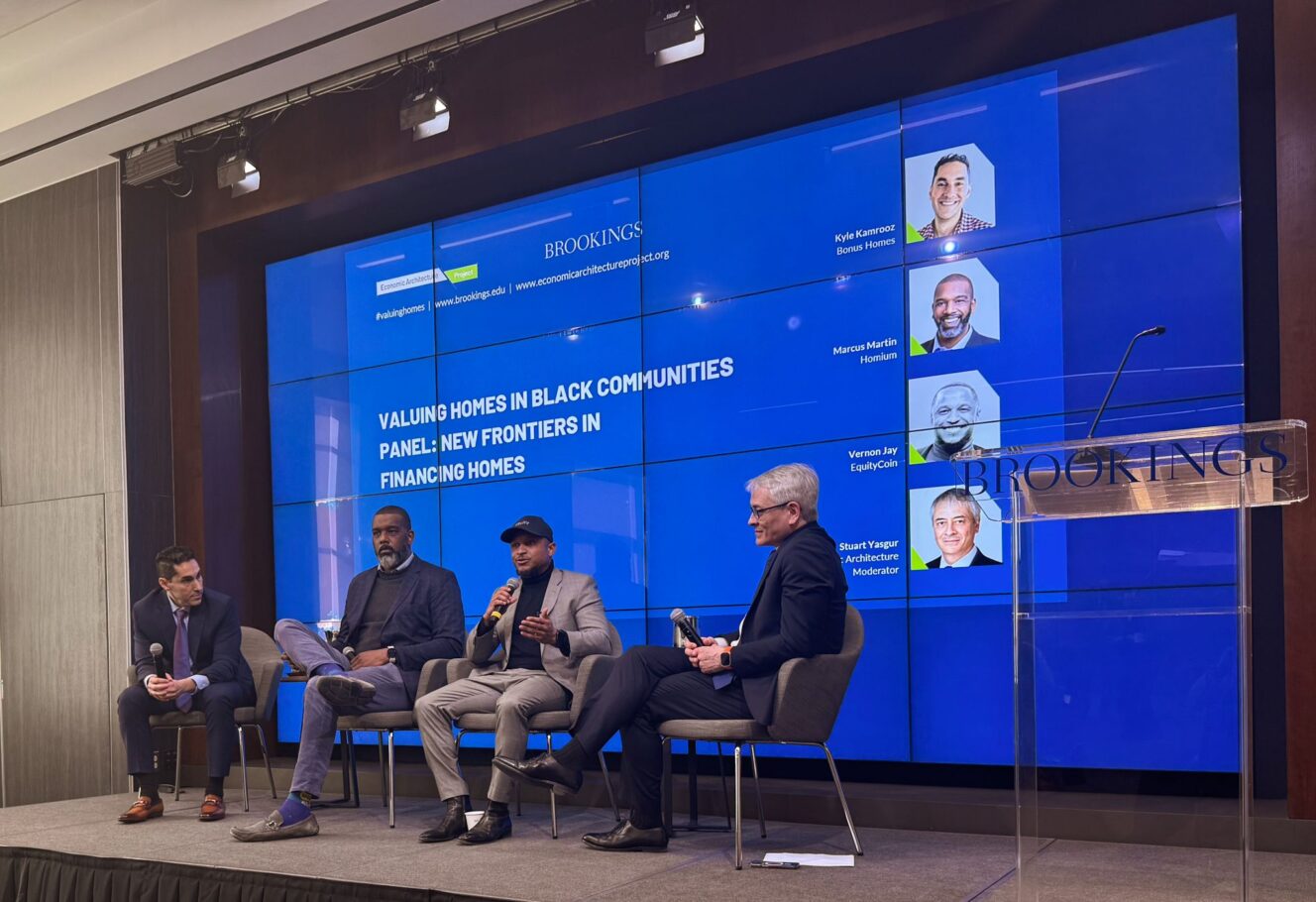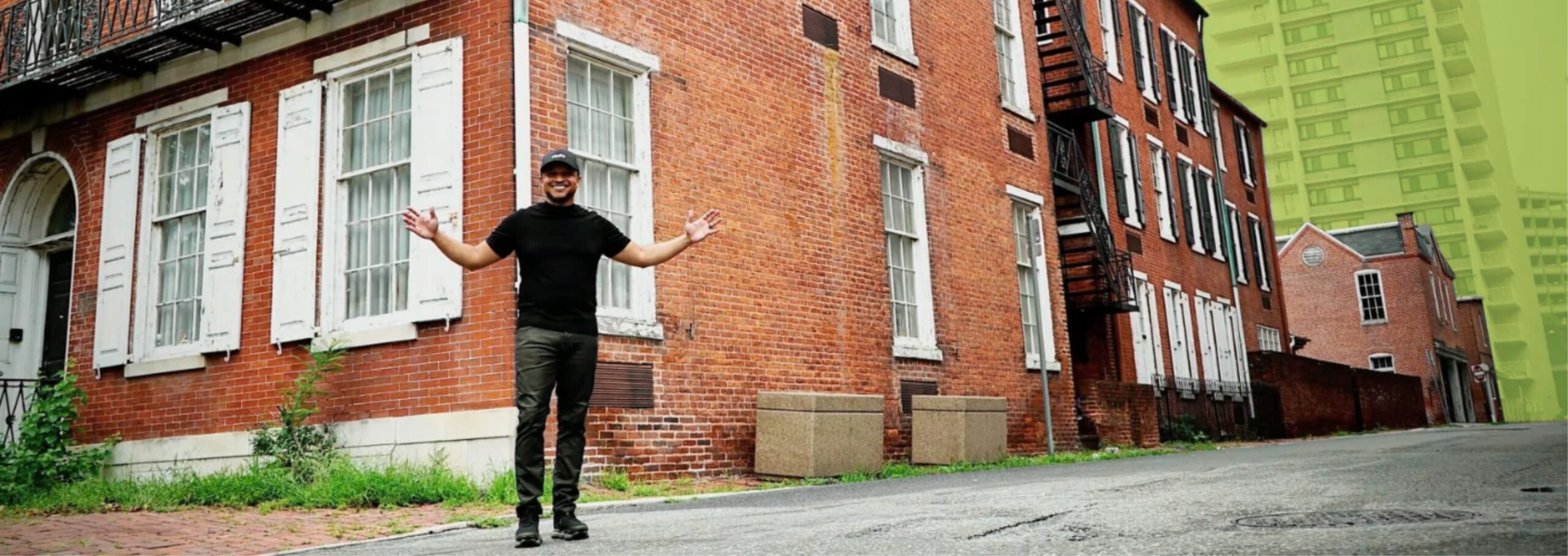At Equity Platforms, Inc., founder and CEO Vernon Jay is building the financial infrastructure to democratize real estate investing, especially for communities historically shut out of wealth-building through property ownership.
Through EquityCoin and the trading platform, EquityShare, Jay and his team support community developers to convert affordable housing projects into fractional digital shares. These shares can be bought, sold, and traded like stocks, making real estate investing more accessible and flexible for individuals and offering developers a novel way to raise capital outside traditional banks. It also enables everyday people to co-own income-generating housing in their neighborhoods.
By replacing centralized financial gatekeepers with decentralized ownership, Equity Platforms shifts control of housing development and investment into the hands of communities themselves. Blockchain technology—a secure digital ledger—enables real estate assets to be divided into tokens that represent shares of ownership. These tokens can be legally traded via EquityShare, Equity Platform’s online exchange.
“When you own a piece of something, you take better care of it,” Jay says. “With this technology, people can own a piece of their neighborhoods, and that ownership mindset unlocks new possibilities.”
Jay’s commitment to economic justice is rooted in his own life. As a teenager attending an elite private school on scholarship, he noticed a pattern: many of his wealthiest classmates came from families with large real estate holdings. He realized early on that real estate was not just about housing, it was a vehicle for generational wealth.
At age 18, Jay began working in private equity and luxury real estate while in college, saving to build his own portfolio. But when he turned his focus to converting underused buildings into affordable housing in Black-majority neighborhoods, he encountered a systemic barrier: financing. Banks that claimed to fund mixed-use developments often pulled back when they saw the addresses were in low-income areas.

“You know how hard it is to get a loan for a single-family home in these communities,” Jay says. “Now imagine trying to finance a 20-unit building.”
Undeterred, Jay began developing housing for families transitioning out of shelters. But scaling that work required capital from outside traditional banking. Inspired by the rise of the sharing economy, Jay began to explore whether real estate could be fractionalized, allowing everyday people to invest in small pieces of income-generating housing, not just entire properties.
That insight led to EquityCoin, the first token backed by affordable housing. Jay and his collaborator Akil Ash launched it by securitizing Jay’s own housing portfolio, building the model from the ground up. From the outset, they prioritized compliance with SEC regulations, positioning the token to operate sustainably amid increasing regulatory scrutiny of blockchain finance.

To expand the model, the team created EquityShare, an online marketplace that works like a stock exchange for tokenized real estate. Developers use the platform to sell shares of their projects directly to investors, keeping wealth and ownership circulating within communities rather than extracting it.
So far, EquityShare has supported four developers in launching their tokens, including Pursuit to Own, led by Christopher Pitt, who helps Section 8 tenants become homeowners. More than 60 additional developers are in the pipeline.
This model is more than a tech solution. It’s a structural shift in who gets to access capital and build wealth. Traditional real estate financing has long centered institutional investors and excluded local residents and communities. Equity Platforms works to change that arrangement by giving everyday people the tools to generate and retain wealth locally, on their terms.
“With blockchain, we can circulate investment within the community instead of extracting it,” says Jay. “That means gentrification from within, not from without.”
